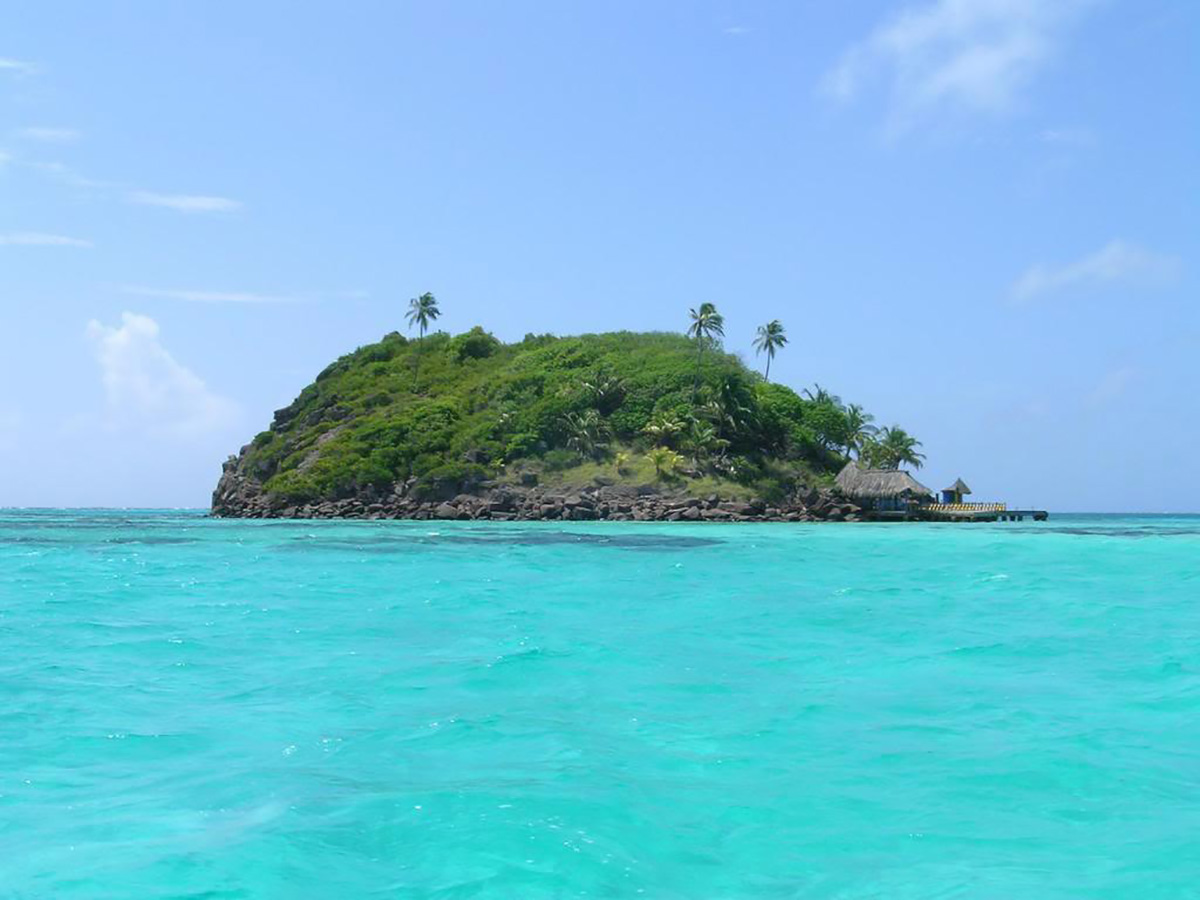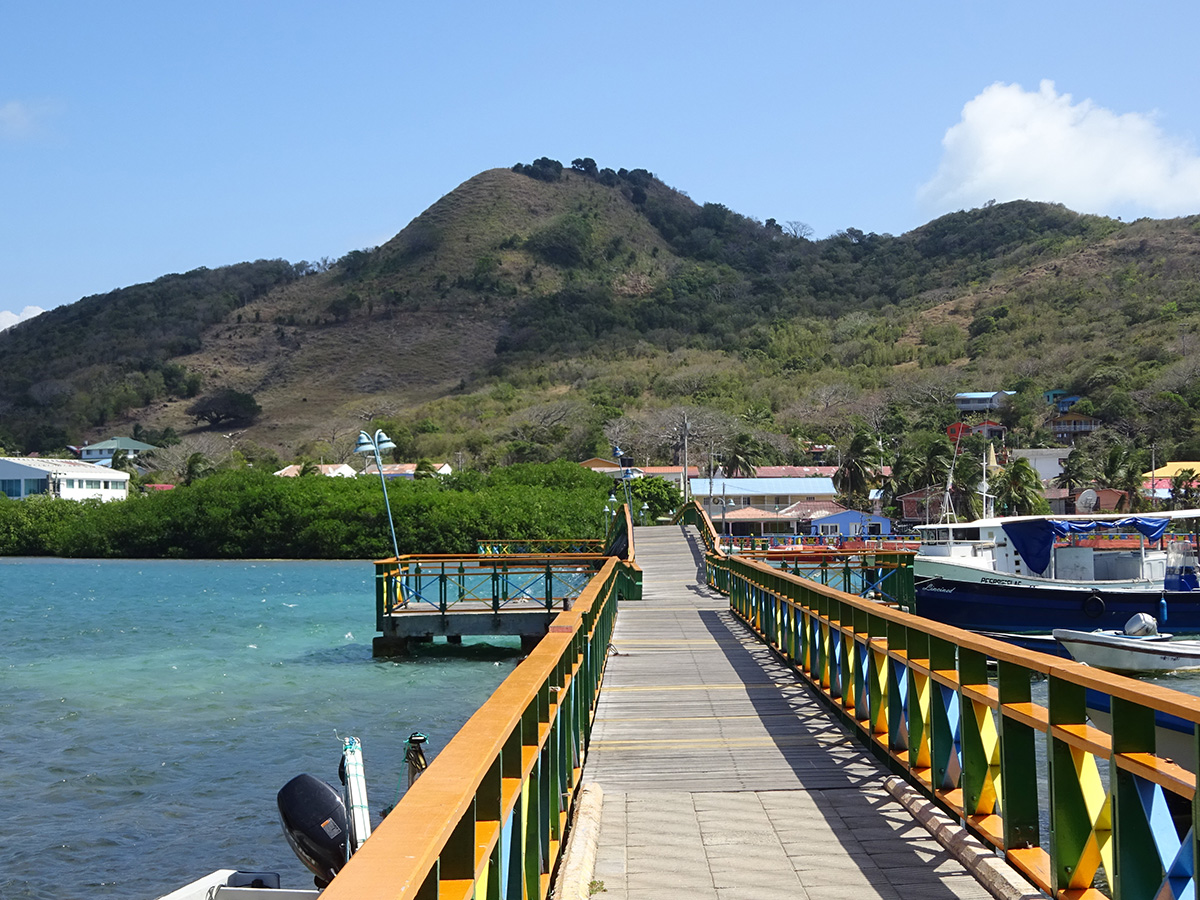According to a research project on the geopolitics of extractivism in the Caribbean carried out by Universidad Nacional de Colombia (UNal) in San Andrés researchers, they discovered a 6-year old project in which a consortium of large companies are interested in oil extraction in the area.
For Colombia and its insular territories including the aforementioned archipelago and in line with the Gulf of Mexico model, the oil reserves could triple, without even including the gas exploitation.
"Since 2012 there have been oil exploitations on the coasts of the Colombian Caribbean, and since 2011 there are documents on government auctions of oil exploration blocks within the reserve," said Professor Catalina Toro, a member of the Environmental Policy and Law Research Group.
The barrier reef of the archipelago is considered one of the largest in the world, including its mangrove ecosystems, dry forests, and maritime area. For these reasons, the researchers believe that the Colombian government should protect its cultural and natural heritage for humanity of the threat of imminent intervention and disappearance.
"There is no control on the risk for the Colombian Caribbean territories or responsibility from the government and the impact of oil exploration or extraction has not been assessed, added to the fact of the substantial impact caused by climate change," said Toro.
Nicaragua projects
Although the massive protests of 2011 stopped the surrendering of grants from the Colombian government to several companies interested in exploring the area, Nicaragua decided to begin exploration projects in the area.
"One of the reasons for the Colombian-Nicaraguan maritime dispute is on oil and what it means in terms of reserves and the potential for the economies. The dispute and social protest from the Raizal community have prevented Nicaragua from increasing and extending the explorations," said Toro.
According to the expert on both sides of parallel 82 which the International Court of the Hague delimited, there should be a shared biosphere reserve so fishermen of can offer their experience to preserve the coral reef and also establish fishing restriction zones to privilege artisanal fishing and extend the marine protection areas.
Additionally, the agreement between Colombia and Nicaragua should include countries such as Honduras, Jamaica, and Panamá, whose borders have also been affected due to the ruling.
"Behind the claim of Nicaragua of adding 200 miles towards the coastline are the supposed oil reserves. In 2014, ignoring the right of claim of the communities, Nicaragua carried out seismic projects to establish if indeed there were hydrocarbon sources in the area," added Toro.
Besides the oil extraction threat now there is the arrival of industrial fishing vessels where fishing was traditionally artisanal along with the freshwater limitations, and waste disposal a product of the uncontrolled tourism upsurge.
"While the health and education issues are enormous, the government pours money into expanding the airport or dredging a port which hardly receives three ships a week," said former UNal Professor Germán Márquez Calle.
Although the wealth of the coral reefs seems inexhaustible, its renovation rate is very slow. They are susceptible to intensive extraction processes. So the area needs to return to artisanal fishing practices to protect the environment.
For Márquez the local authorities also need to increase the cost of tourist visas and establish an additional value-added tax for people visiting the archipelago. So these funds can be devoted to preserving the cultural and environmental heritage of the island.
If these types of measures are not taken, and oil extraction projects are not stopped this could end in a saturation which will lead to decadence and progressive deterioration of aspects related to the environment, culture and its inhabitants.
 Correo Electrónico
Correo Electrónico
 DNINFOA - SIA
DNINFOA - SIA
 Bibliotecas
Bibliotecas
 Convocatorias
Convocatorias
 Identidad UNAL
Identidad UNAL








